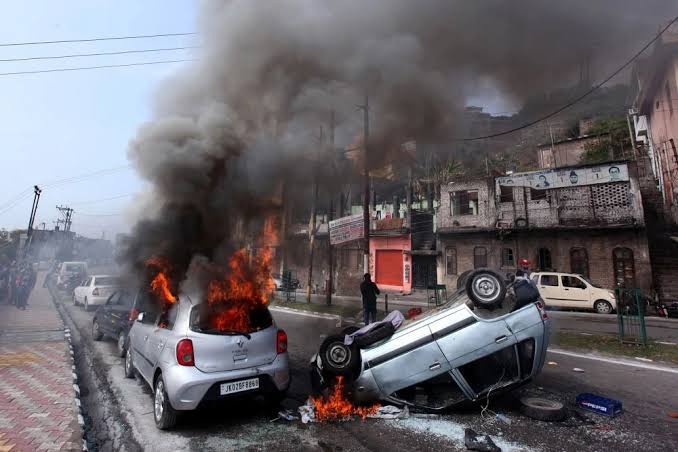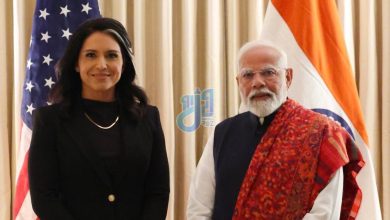Rising Insecurity in Pakistan; Wave of Attacks in Khyber Pakhtunkhwa and Balochistan Reaches 30 in 36 Hours
Amid an escalating security crisis in Pakistan, the border regions of Khyber Pakhtunkhwa and Balochistan have witnessed a surge in violence, with around 30 armed and explosive attacks occurring in the past 36 hours. Local sources report a "state of emergency" in some areas, along with increased presence of security forces.

Weezha Roz-Eslamabad-According to media reports, the recent attacks have included targeting military posts, roadside bombings, and armed clashes with militant groups in border regions.
No group has fully claimed responsibility for the attacks, but analysts suspect a rise in activity from the Tehreek-e-Taliban Pakistan (TTP) and separatist Baloch groups.
The Pakistani government, in a statement, has labeled these attacks as “efforts to destabilize the country” and emphasized that security forces “have control of the situation.”
On the other hand, opposition political parties have attributed the current crisis to the “interference of unelected institutions in politics” and the “suppression of dissenting voices.”
Certain political factions close to former Prime Minister Imran Khan have called for “the immediate release of him and other political prisoners” and “the return of the military to its constitutional role” as a primary condition to resolve the crisis.
Meanwhile, Pakistan’s security agencies have rejected any notion of “lawlessness” and claim their actions are “in accordance with the constitution.”
International experts warn that the worsening insecurity in Pakistan could have broader regional consequences.
The increase in border attacks, deepening political divides, and economic crisis have put the country on the brink of a multi-dimensional challenge.
The United Nations has also recently called for “an inclusive national dialogue” to reduce tensions.
While the Pakistani government emphasizes strengthening security operations, it seems that resolving this crisis will be difficult without addressing its political and social roots.
Sustainable stability is seen as dependent on a balance between security, justice, and public participation.
Weezha Roz




